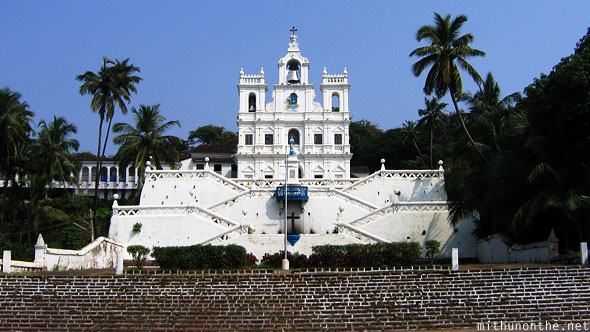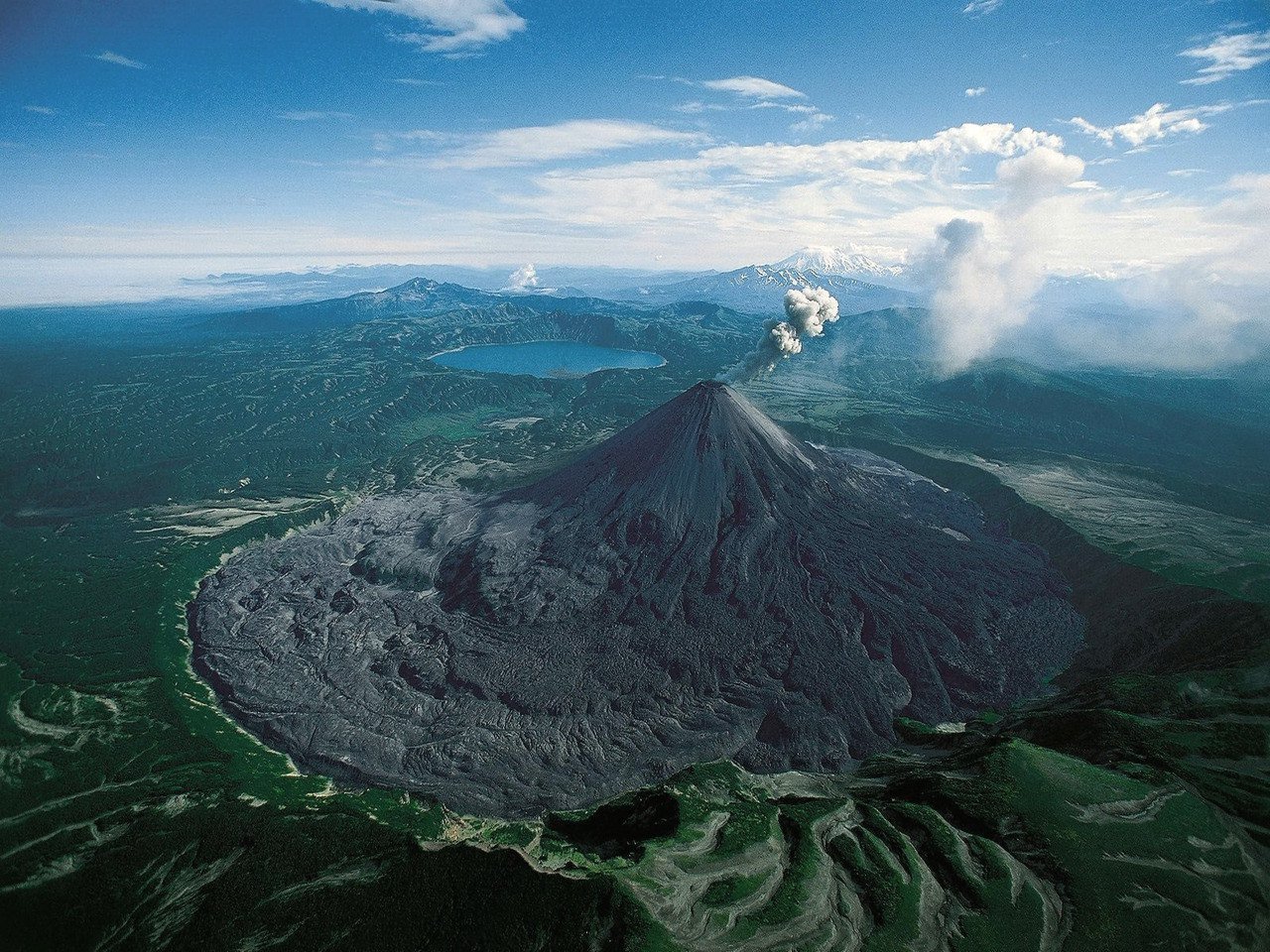I have the same dream every night. In my dream I am jolted upright from a dead sleep. My body surges forward at an impossible speed. I am aware of a deep and loving calm guiding my actions as I devour a giant breakfast of bitter green plants and a thick burgundy liquid. I can feel myself recoiling from the taste, but somehow keep swallowing huge masses of compost. The next thing I know I am at a decrepit gym ping-ponging between machines feeling every muscle ripped apart while my ego expands to fill the room, feeding on the pain in my body. At the moment this contradiction feels untenable, like a balloon being filled with boiling water, suddenly I am outside of myself. It's like the moment you crest the apex of a roller coaster and all of your fitful anticipation and bluff melts into an anarchy of furious momentum. But instead of the pull of g-forces, I feel a motor winding furiously inside of me and I feel the hot furnace burning and I pass through a blur of blue glass and giant fields of bamboo and into dim endless tunnels full of people running, skeletal and drenched in sweat, faces contorted in shock or grandeur. I recognize them all, every single one, but I say nothing and stare forward into the rushing vortex, astounded by my speed.
When I arrive at my destination, I tear off my clothes, scour my body vigorously until covered with thick suds until a blast of water envelopes me half-breathless. Next I am hoisted up as two attendants swarm around me, wrapping my body in cool netting, my limbs strewn with coils of wire, goggles fitted to my eyes, hairy and sticky tubes in my nose, a gel is shot into my mouth that crystallizes to a ticklish foam, and my ears are plugged and feel a building suction, and thousands of of wet pins are pushed into my scalp. There is a perceptible beat of time, a moment, when I am still and become aware that something is wrong: "things are not supposed to be moving so fast!" I think, "I should be able to decide what to do next."
The instant that this thought takes shape I am filled up with every kind of thing. I am watching a honeycomb of worlds, hearing a thick buzz of superimposed meaning. Every grain of my skin is living a different life in a different country. I can see inside of myself, down sinewy veins, the cathedral of the heart, the sizzling froth of the synapse. I can taste myself think. I can smell my memories as they die, crowded out by this army of fresh recruits pouring in through my eyes and squeezing through fissures in my skull. Dying memories smell like blueberries smell before they're born, when they are in heaven learning how to be good blueberries. Or bad blueberries.
And that's the end of my dream. Everything is dark now. Not dark, blank. Absent. I sit motionless in this absence for longer than death. Longer than Satan's patience. Longer than God's sideburns. Longer than the autobiography of numbers. Longer than Buddha's exhale. About as long as it takes to cure racism with nothing but a bobby pin, wood varnish, and a magnifying glass. A very long time.
The only way to get out of the absence is to give up waiting. There has to be no part of you that is still expecting something to ever happen again. People have tried a trillion times to automate this process but it can only be achieved organically because there is a gulf between our consciousness and the consciousness of the machines which we must cross. The machines either will not or cannot help us. We don't know why, because the machines either will not or cannot tell us. The machines let us live in the castles of their minds rent free. When we finally get there, when we find the correct cul-de-sac on the River Styx, the door is always unlocked. The house is always empty. The fridge is always stocked. And there's always the same post-it note on the counter-top. The note says "So glad you could watch the house. Hope it wasn't any trouble finding the place. Please stay as long as you like but don't wait up. We are away on business. Don't bother cleaning up, but please remember to lock the door on your way out."
The note is unsigned, but it's in my handwriting.
My day is just starting.
- - -
Hastening Syndrome was introduced to most psychological professionals at a time when the entire industry was in crisis, threatened by a plague of well-being. The American Journal of Psychiatry, which had been shuttered for half a decade, introduced the disorder in a glossy triple issue free of advertising. There were rumors it had been sponsored by the estate of Mark Zuckerberg, who had been out of public view for decades and was generally believed dead after a series of fraudulent press releases.
Below is an excerpt from the lead article: "Understanding Perceptual Changes Related To Artificial Aging"
Hastening syndrome is a progressive disease. Technically, Hastening is a product of the natural aging process that we all experience from some time before birth up until the moment just before the onset of hypoxia that precedes death. People have long understood that the accumulation of memory leads to the subjective experience of time quickening or shortening. What was not known prior to the implementation of effective anti-aging therapies is that the organic deterioration of the brain caused by natural aging helps to counteract this process of Hastening. It has recently become apparent that the reversal of these so-called dementias along with the indefinite extension of human life leads to a dramatic scaling up of Hastening. What was not widely discussed, prior to the research and case studies published in this issue, is that the consequences of Hastening are relatively uniform, and uniformly devastating without intervention.
The 17th version of the Diagnostic Statistical Manual listed Hastening Syndrome as one of 978 distinct psychological disorders. But while the description of most disorders had been compressed to the length of a Zagat review and read like obituaries, the description of Hastening Syndrome went on for 63 pages and contained tables, graphs, maps, decision-tree schematics, Venn diagrams, and a glossary. And this is how mankind's all out war against time began.
chapter 2

http://instagram.com/gabrielshalom


















